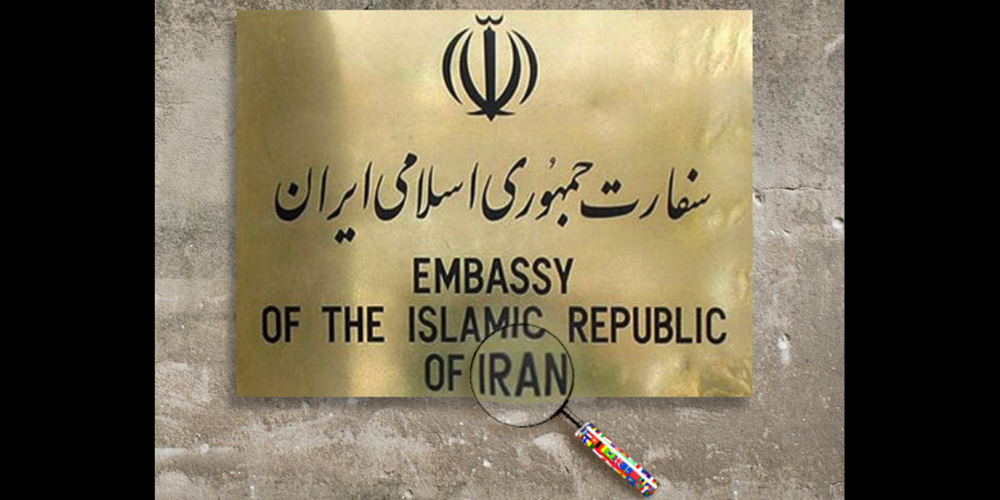Update from October 25th: It seems that Salehi’s investments are paying off in Ghana as well – Iran is ready to “share its experience in mineral exploration” with Ghana. It’s worthy to note that the article by pressTV mentions gold, diamonds, bauxite and manganese but fails to mention uranium that Ghana has been mining uranium since 2010.
It’s customary to regard a country’s foreign minister as its top diplomat. He’s the one who’s supposed to lead efforts to promote international standing, create trade opportunities, advance cultural ties. But since Iran views the role of its diplomacy differently than the rest, same goes for the role of its foreign minister.
Led by Foreign Minister Ali Akbar Salehi, over the past six months Iran’s diplomats have been racking up thousands of air miles over the skies of African countries, including: Mali, Central Africa, Zimbabwe, Somalia, Cameroon, Sudan, Namibia, Sudan, Comoros, Ghana, Benin, Ethiopia, Burundi, Burkina Faso, Niger, and Senegal.
Quite a list. What have those diplomats been searching for?
We’ve already expanded on the involvement of Iranian diplomacy in Tehran’s subversion activities in Africa. It is also clear that Iranian diplomacy plays a supporting role in Tehran’s ongoing efforts to bolster its strategic capabilities from African soil. But to fully understand the issue, we need to go back to the beginning of Salehi’s stint as foreign minister in early 2011 (after he made the move from the Atomic Energy Organization of Iran).
His first trip abroad at that time was to Zimbabwe, of all places. Why Zimbabwe? This AP report provides the answer: “uranium procurement.”
It is therefore no surprise that Salehi recently paid another visit to Harare. It is also not surprising that Iran recently opened an embassy in Namibia, where it already has a “15% stake in Rössing Uranium, the world’s longest-running open pit uranium mine and the third largest producer of uranium oxide globally.”
Salehi himself did not mince words during his visit there: “Namibia, an important country in Africa, is the continent’s fourth exporter of mineral resources while Iran has invested in that country’s mining sector.”
For those who missed it: “mineral resources” is the code word for “uranium.” That’s Salehi, Iran’s top diplomat.
Related articles
- Zimbabwe strikes deal to sell uranium to Iran, according to report (telegraph.co.uk)
- Zim agrees to sell uranium to Iran (mg.co.za)




